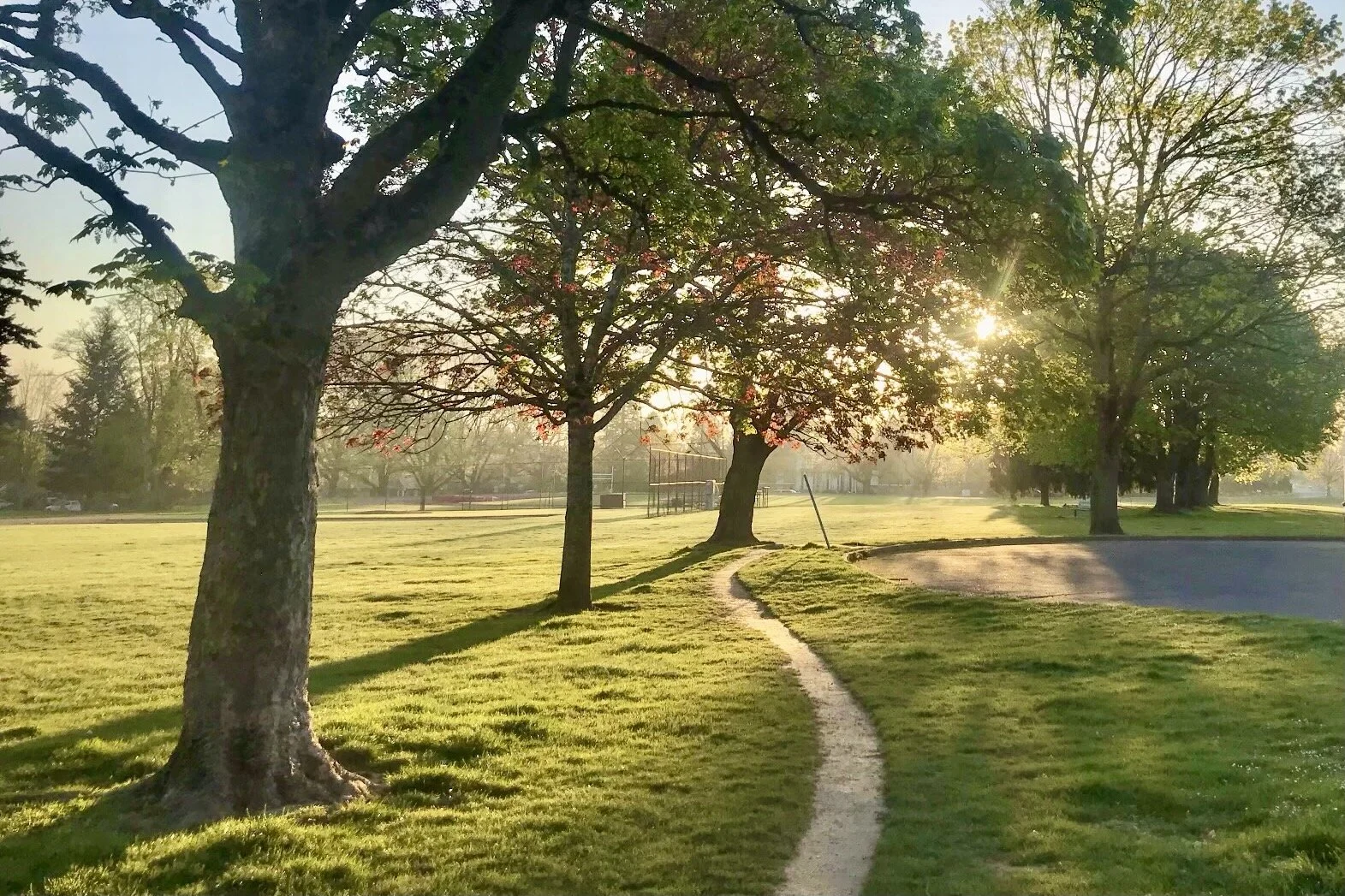Earth Day, Reciprocity, and the Honorable Harvest
Written by: Bryna Campbell
Earth Day is an annual event occurring on April 22 that honors the cause of environmental activism and its past, present, and ongoing efforts to solve a whole host of environmental crises ranging from climate change, to pollution and air quality, to the right to clean water for all. The first Earth Day occurred in 1970 and is often viewed as the beginning of the environmental movement. For many, it’s also a time to reflect on our own relationship to nature and the environment as well as the ways that we can further support the greater environmental cause.
During this time of year, we are drawn to the words of botanist and Indigenous author Robin Kimmerer, who helps us to think about this relationship in respectful and loving terms.
In her book Braiding Sweetgrass and elsewhere in her writings, Kimmerer explains the Indigenous model of sustainability called the Honorable Harvest. “The honorable harvest asks us to give back, in reciprocity, for what we have been given,” she writes.
“Reciprocity helps resolve the moral tension of taking a life by giving in return something of value that sustains the ones who sustain us. One of our responsibilities as human people is to find ways to enter into reciprocity with the more-than-human world. We can do it through gratitude, through ceremony, through land stewardship, science, art, and in everyday acts of practical reverence.” - Braiding Sweetgrass
The honorable harvest is a practice that is about shifting the relationships between human and non-human earth. “Recognition of personhood does not mean that we don’t consume, but that we are accountable for the lives that we take.”
Bringing the Honorable Harvest into our Daily Protocols
What does this look like in practical terms? For one, Kimmerer argues, it’s not about perfection; it’s about doing what we can.
“I don’t have much patience with food proselytizers who refuse all but organic, free-range, fair-trade gerbil milk,” she writes in Braiding Sweetgrass.” We each do what we can; the Honorable Harvest is as much about the relationships as about the materials. A friend of mine says she buys just one green item a week - that’s all she can do, so she does it.”
It is also a way of life that can only take root in oneself through a conscious, regular practice of noticing, honoring, and celebrating - through gratitude and practical reverence - the animate, dynamic earth.
Take time to reflect on how you think about and treat the earth in your daily life. Is the earth “nothing more than inanimate matter,” nothing more than commodities, or are the foods and material goods a gift that deserves reciprocity?
Can you, and do you, make time to notice the animate earth and see it for all that it is?
These acts of practical reverence and reciprocity are so central to the honorable harvest, and they can be as simple as tending to a garden or treating the foods you eat with care. They can involve buying from local farmers. Or, as Kimmerer’s anecdote about her friend indicates, can be as simple as buying one green item a week.
They can be expressed through political actions - at the ballot box and “by refusing to be complicit with the forces of ecological destruction,” as Kimmerer writes in her short essay on the subject in Yes Magazine.
They can find be expressed through learning - about the history of the environmental movement, the movers and the shakers past and present, and the influential environmental movement books (like Rachel Carson’s Silent Spring).
And they can also be expressed by sharing your reverence with your children - through nature walks, family cooking and gardening, educational videos, and that extra minute (or two or three) spent with your child observing a colony of ants on your neighborhood walk.
It's never too early to start a practice of the honorable harvest in your life. And remember, as you do, that it’s about the practice and not perfection.
Sources for more on the concept of the Honorable Harvest:
Robin Kimmerer, Braiding Sweetgrass: Indigenous Wisdom, Scientific Knowledge and the Teaching of Plants, 2013.
Robin Kimmerer, “The “Honorable Harvest”: Lessons From an Indigenous Tradition of Giving Thanks,” Yes Magazine.
“Honorable Harvest - Robin Kimmerer,” Video from series “"Seeding the Field: 30 Years of Transformative Solutions," Bioneers


